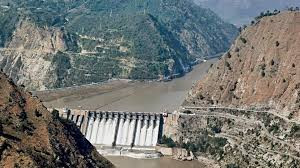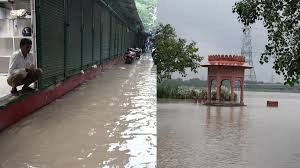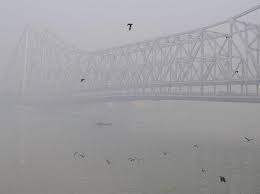India's Reservoir Flushing at Baglihar and Salal Dams Raises Concerns Over Kharif Sowing in Pakistan

IIE DIGITAL DESH : following the suspension of the Indus Waters Treaty (IWT), India has initiated sediment flushing operations at the Baglihar and Salal hydroelectric projects on the Chenab River in Jammu and Kashmir. This action, commencing on May 1, 2025, marks the first time such maintenance has been undertaken at these facilities since their construction in 1987 and 2009, respectively.
The process of reservoir flushing involves releasing accumulated silt and sediment downstream to enhance the efficiency and longevity of hydroelectric turbines. While this maintenance is crucial for power generation, it temporarily reduces water flow downstream. Given the timing, this reduction is poised to impact Pakistan's kharif sowing season, particularly affecting crops like paddy, maize, and cotton, which rely heavily on consistent water supply.
India's decision to proceed without notifying Pakistan deviates from the protocols established under the IWT, which had previously prohibited such unilateral actions to prevent potential downstream flooding and ensure equitable water distribution. The suspension of the treaty followed a terrorist attack in Pahalgam, Jammu and Kashmir, which resulted in 26 fatalities. India attributed the attack to Pakistani nationals, prompting a reevaluation of bilateral agreements, including the IWT.
The National Hydroelectric Power Corporation (NHPC), in collaboration with local authorities, conducted the flushing operations over a three-day period. Residents along the Chenab River reported noticeable changes in water levels during this time. Experts suggest that while immediate impacts on Pakistan's water supply may be limited, continued or expanded operations could have more significant effects on agriculture and power generation downstream.
Pakistan has expressed concern over India's actions, viewing them as a potential violation of international agreements and a threat to its agricultural sector. The Pakistani government has indicated intentions to seek international arbitration and has labeled the unilateral water management as an act of aggression.
This development underscores the intricate link between water resource management and geopolitical relations in South Asia. As both nations navigate the complexities of shared water resources, the international community watches closely, recognizing the potential for such disputes to escalate if not addressed through diplomatic channels.
You might also like!
















